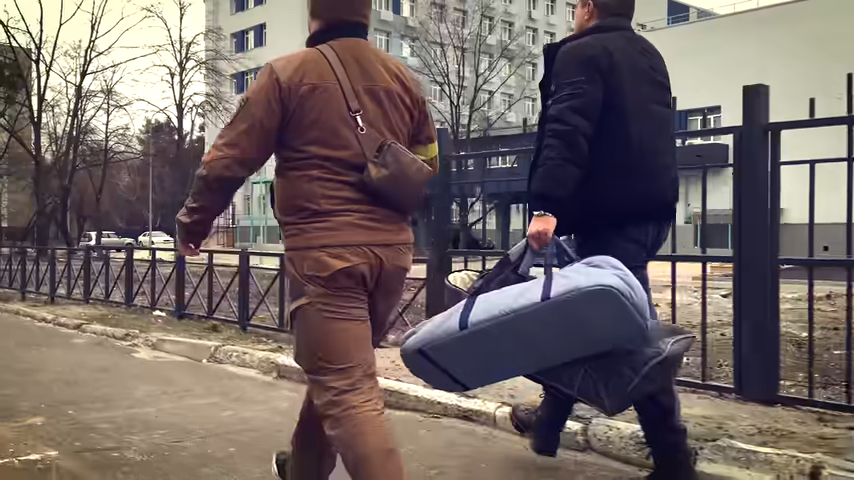
War creeps closer to Kyiv’s surrogacy industry
Surrogacy became much more complicated on February 24 in Ukraine. With the Russian invasion, it was evident that Kyiv would become a war zone. But the babies, the surrogate mothers and the intended parents needed protection. Pregnancies do not stop in war time.
“Nearly every day, Ukrainian surrogates give birth to the children of foreign couples, and these parents are struggling to evacuate their children or even meet them for the first time,” says the New York Times.
“At least a dozen companies offer surrogacy in Ukraine, and BioTexCom, one of the leading agencies in Kyiv, estimates that it arranges at least a thousand births each year. The agency had expected to have 100 babies born by month’s end. Many of these newborns will be born in Kyiv, where fighting has neared hospitals, far from the parents who wait anxiously from outside Ukraine’s borders to take them home.”
BioTexCom has just posted a video to reassure clients that they will be well taken care of. It is rather disconcerting. Without subtitles or translations of building signs, it is difficult to know what is happening. But it appears that the company is lodging the babies – dozens of them — in the basements of several hotels and clinics around the city.
Parents, nurses and a burly security guard toting a submachine gun load the babies, snug in their bassinets, into a van and zip off along mostly deserted highways, once swerving to avoid tank traps, to their shelter. Outside, the streets are nearly deserted; inside babies are wailing, being fed, and being rocked to sleep.
It seems that none of the surrogate mothers appear in the video.
Two Australian feminist writers have used the crisis to call for the abolition of commercial surrogacy. Writing in ABC Religion & Ethics, they comment on remarks made by Sam Everingham, an Australian surrogacy lawyer who has been quoted widely in the international media because of his familiarity with Ukraine. He told the Sydney Morning Herald just before the invasion: ““Many people are worried about the safety of their embryos if Kyiv gets bombed. Some spend a lot of money on donors over there, they want to make sure those embryos are safe.” Their response is:
“The shamelessness of this language which places value on the safety of monetary investment in embryos without mentioning the women who are treated like objects in the incubation of the embryos is staggering. As a matter of urgency, we need to place the focus of our concern instead on those who bear the costs and pay the price of the entirely foreseeable ‘nightmare’ that is the surrogacy system itself. And rather than following its organisers and propagandists in calling for greater legalisation in order to prevent the industry and its associated practices from going ‘further underground’ (wherever that is), it is time to demand the abolition of the exploitative surrogacy industry with the misery and pain it imposes on poor women in particular.”
